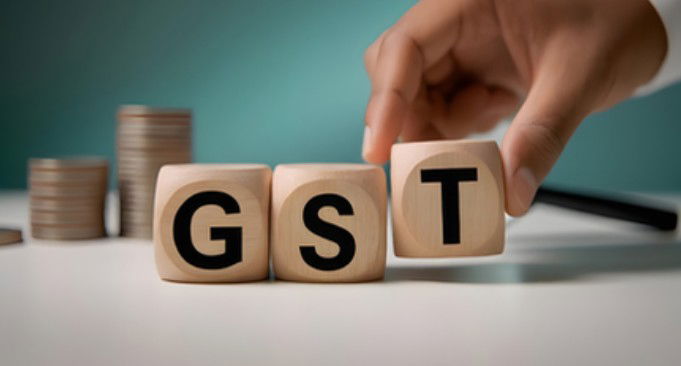Technology
GST 2.0, India-Japan FTA to redefine India’s $74 billion auto parts ecosystem: Report

New Delhi, Nov 17
India’s GST 2.0 reforms, customs duty changes, and the India–Japan Free Trade Agreement (CEPA) are collectively reshaping the competitiveness and future trajectory of the country’s automotive industry, backed by $43.3 billion in cumulative Japanese investments, according to an industry report released on Monday.
The report by Grant Thornton Bharat and the Indo-Japan Chamber of Commerce and Industry (IJCCI), titled ‘Navigating change: GST 2.0, customs, and FTA impacts on the India–Japan auto sector,’ states that the rollout of GST 2.0 in September marked a pivotal shift for India’s automotive sector, streamlining tax structures, enhancing affordability, and catalysing consumer demand across vehicle segments.
Under the revised GST regime, small cars and motorcycles under 350cc now attract 18 per cent GST, down from 28 per cent plus cess, resulting in price reductions of up to Rs 1 lakh for select models. Premium vehicles, including SUVs and high-end motorcycles, now face a flat 40 per cent GST, while electric vehicles continue to benefit from a 5 per cent GST, reinforcing support for green mobility.
The report highlights that following the rate changes, the industry recorded a sharp surge in customer interest and vehicle deliveries, with booking volumes rising by nearly 50 per cent in the small car segment.
Complementing GST reforms, the Union Budget 2025 announced measures to boost the EV sector by balancing supply and demand incentives. Customs duty exemptions on lithium-ion battery scrap and critical minerals such as lead and copper aim to secure raw materials and generate employment.
India’s automotive industry — contributing 7.1 per cent to the country’s GDP and nearly half of its manufacturing GDP — produced 28 million vehicles in 2024, an 8 per cent rise over 2023, while exports exceeded 4.5 million units, the report states.
"The convergence of GST 2.0 and targeted customs incentives marks a defining moment for India’s automotive sector. Reduced tax rates, simplified compliance, and supply-chain-focused exemptions will not only elevate India’s cost competitiveness but also strengthen its positioning as a manufacturing and export hub for Japanese automakers," said Sohrab Bararia of Grant Thornton Bharat.
Additional exemptions on capital goods for battery manufacturing further support the ecosystem, while tariff reductions on motorcycles and CKD/SKD units of large vehicles enhance affordability and competitiveness in line with the Atmanirbhar Bharat vision.
The report indicates that this regulatory reset will accelerate investment flows, promote EV adoption, and drive the next wave of Indo–Japan collaboration in clean mobility and advanced manufacturing, the report further stated.
The India-Japan CEPA and the India-Japan Digital Partnership (IJDP) are fostering innovation in EVs, connected vehicles, and AI-led manufacturing, while initiatives like the Supply Chain Resilience Initiative (SCRI) are promoting localisation of critical components and diversification of sourcing.
Under the Japan-India Institute for Manufacturing (JIM) and Japanese Endowed Courses (JEC), over 30,000 Indian engineers are being trained to Japanese manufacturing standards — building a skilled workforce for advanced automotive production. Some of the key customs and trade policy schemes driving competitiveness, the report added.



































